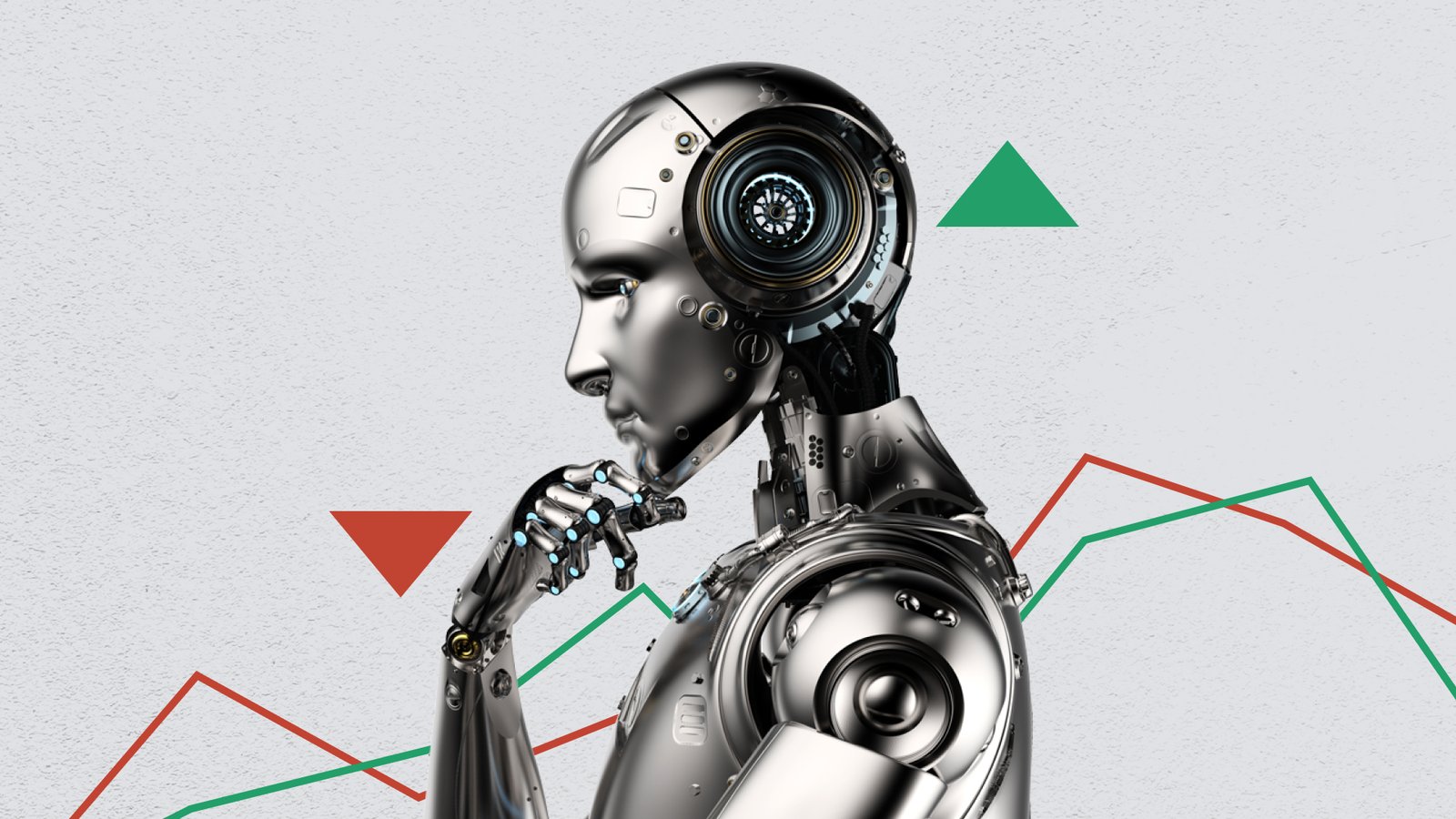In today's fast-paced financial markets, artificial intelligence has stepped in to make information more powerful than ever due to its ability to process data quickly. What was once the world that could only be accessed by seasonal analysts is now being dominated by data-driven AI assistants that are rapidly altering how people approach trading and portfolio management. Let's delve into the use of AI agents in trading and what has made them popular in recent years!
What are AI assistants in finance?
AI assistants are self-driving or semi-autonomous systems that use machine learning to make decisions, learn from past experiences, and adapt to changing market conditions. These AI assistants usually evolve over time because they use cutting-edge technology, as opposed to simple bots or static algorithms, which tend to stick with the same technology.
What exactly makes AI assistants in finance becomes so powerful? It’s because AI assistants can not only execute buy and sell orders but also monitor market sentiment, analyze price patterns, forecast risk management, rebalance portfolios, and even respond to macroeconomic events in real time. Its capabilities are causing AI assistants to gain popularity in the financial world, where they are used as personal financial co-pilots to provide knowledge and improve people's "trader" abilities. According to a Builtin report, due to its popularity, the global AI trading market was valued at $18.2 billion in 2023 and is expected to triple by 2033.
AI assistants for portfolio management
As we all know, traditional portfolio management typically includes regular reviews, rebalancing schedules, and risk assessments using historical data. AI assistants, however, incorporate proactive and predictive intelligence into the mix. Consider a scenario in which we can detect a gradual sentiment shift in technology stocks before the market reacts. All of this is now possible thanks to AI assistants. They may recommend that we reallocate some of our portfolio to more stable assets or emerging markets. Alternatively, it could monitor the portfolio dynamically as market conditions change. This level of personalized and continuous optimization was simply not feasible prior to the introduction of AI assistants.
In recent years, many platforms have started using them to help users set trading goals, such as maximizing passive income or short-term gains, allowing them to adapt to the best trading strategies available. These systems can also reduce emotional decision-making, which is frequently a significant disadvantage for human traders, particularly during times of volatility.
AI in trading provides more than just speed
When it comes to trading, AI assistants excel in many key metrics, including pattern recognition, market prediction, and real-time execution. AI-powered trading tools can detect arbitrage opportunities or micro-trends that last only seconds. High-frequency trading firms have been using such strategies for years, but AI is now putting similar tools in the hands of individual investors and smaller institutions.
But it's not just about speed. AI trading agents can also use sentiment analysis to monitor everything from Reddit threads to international news. These AI assistants have the ability to scan thousands of soft data, such as charts, reports, news headlines, and even tweets in seconds. Something that would take humans hours or even days to summarize. They can predict how a political event in a specific region will affect market currency or how a celebrity tweet will affect a certain meme token stock’s value. This level of responsiveness creates more agility in trading strategies
Does the human touch still matter?
Despite their incredible capabilities, AI agents should be viewed as tools rather than advisers. Many also think that the growth of AI assistants will not end human traders because AI is not advanced enough to 100% replace human intuition or contextual understanding. There's also the possibility that when AI algorithms become more advanced and sophisticated, it will become even more difficult to understand how they make their predictions, resulting in unexpected market movements and increased volatility.
In such a case, human experience and insight will be critical in reducing potential risks and ensuring that appropriate safety measures are in place. That's why hybrid strategies are necessary. AI assistants can handle the grunt work, data analysis, and quick execution, whereas humans provide context, long-term vision, and nuanced decision-making.
What will the road ahead look like?
As we look ahead, AI assistants will become even more advanced, personalized, and accessible. With advancements in natural language processing, users may soon be able to say whatever they want about trading tips and tricks, and their AI assistants will easily carry them out. The world of finance is no longer limited to those who can read balance sheets and understand candlestick charts. AI agents are making trading and portfolio management much smarter, faster, and more inclusive, even to those who want to learn more about trading.
AI assistants are more than a passing fad. They're here to stay and will revolutionize financial decision-making and make a shift in the financial landscape. Whether you're an individual investor looking to increase your savings or a company managing complex assets, leveraging AI assistants can provide a range of advantages that were unthinkable a decade ago.




